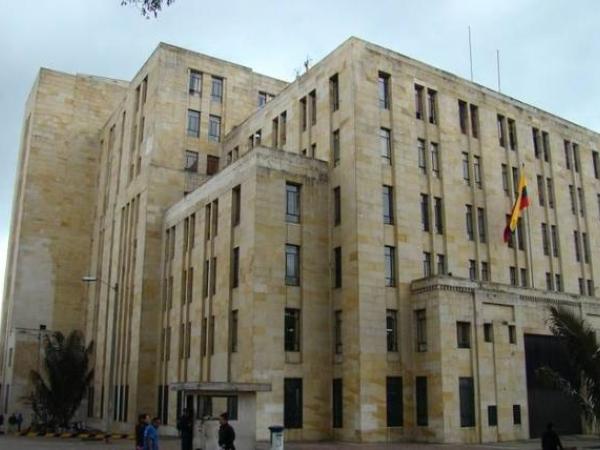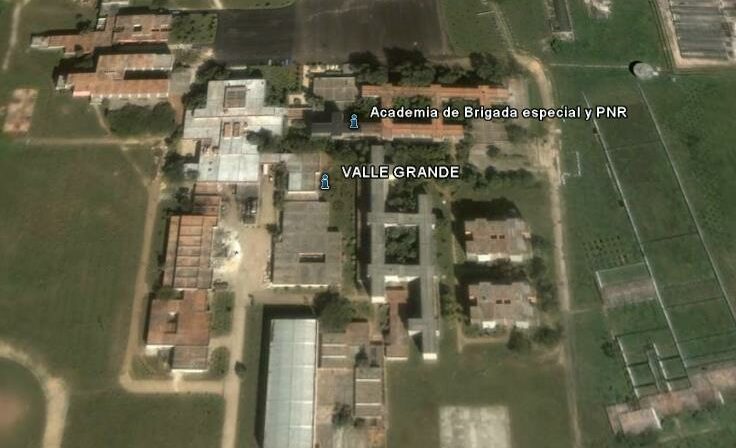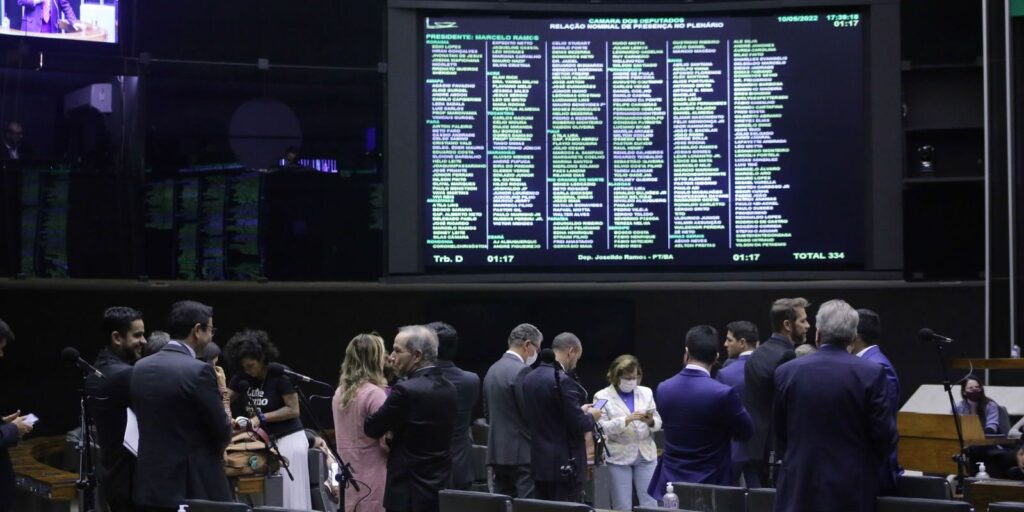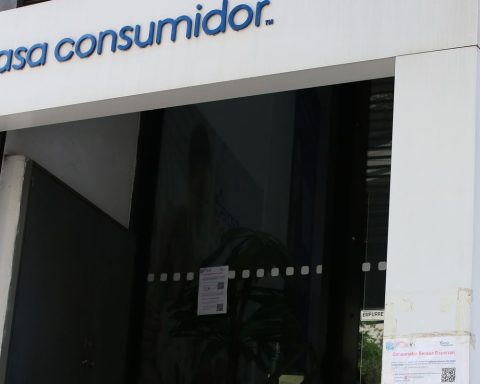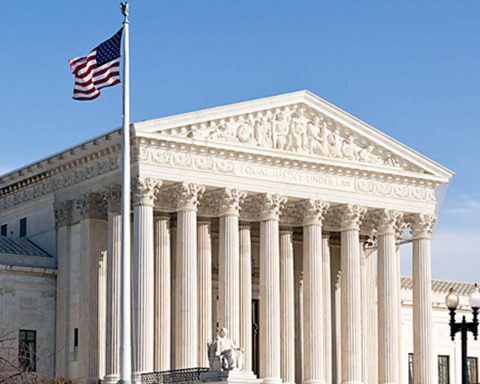The President-elect of Colombia, Gustavo Petro Urrego, has 46 days to make a connection before arriving at the Casa de Nariño on August 7, and the country’s economic situation, and who will command the Treasury and Public Credit portfolio, is one of the first issues that seems to have more urgency in that discussion.
(This is the economy that Gustavo Petro will receive in the Casa de Nariño).
With a proposal for change in the economic and productive model of Colombia, the scaffolding that the holder of the economic portfolio will have to assemble is key, and for this reason said designation has gained important relevance, and there is already a rattle with various names to occupy the position, as are the former co-director of the Banco de la República and former Minister of Finance, Jose Antonio Ocampoit also sounds another exholder of the portfolio, like Rudolf Hommesor the former Minister of Health, Alexander Gaviria.
(Sustain GDP growth, the challenge of the new government).
The economist also appears in the deck Cecilia Lopez, or the former co-director of the Issuer, Carolina Soto. And there has also been talk of some of Petro’s economic advisers, such as economists Ricardo BonillaLuis Fernando Medina and Diego Guevara.
Bonilla himself assured Portfolio that “many wonder who would calm down the international market, that is why there is so much pressure for the president-elect to choose the Minister of Finance from now on. You have to understand that you have to wait, the president-elect has only a few hours after being elected, but they are already asking him to make decisions that he must take on August 7 ”.
Bonilla did not confirm, but did not rule out, that he is in the deck of candidates. “I am very close to the president because I was his secretary of the Treasury, I have accompanied him in many things since then, but that does not mean that I am going to be. In fact, during the campaign, he proposed it to José Antonio Ocampo”, he said.
KEY DESIGNATION
For several analysts, indeed, the rush to find out the name of the new minister, or minister, of Finance has to do with placating the uncertainty in the market.
“The selection of the position in the Ministry of Finance is key for any government to the extent that it will define what reforms can be advanced in the future,” said Carolina Monzón, manager of economic research at Itaú Colombia.
Monzón highlighted that, particularly Petro “has mentioned key issues on the tax and pension front that should be led by the Ministry of Finance, for which we will see if what is proposed throughout the campaign would be fully complied with, or to what degree. the proposals can be nuanced,” said Monzón, who stressed that “the new Minister of Finance would be the guarantor of maintaining the institutionality in terms of the fiscal rule.”
And for the economist, some names that have been mentioned since the same campaign make up “an experienced list of economists, but with different currents that will be decisive for the next four years”.
For his part, the former Deputy Minister of Finance and current chief strategist for Latin America at XP Investments, Andrés Pardo Amezquita, assured that “the first economic movements that the election of Gustavo Petro has had were seen in the financial markets”, since this is one of the rapid impacts, which according to the economist, reflects that uncertainty of the agents.
“Something important that this government must do quickly is to reassure that things will be done correctly or gradually, and for that reason the appointment of the Minister of Finance is important at this time,” he said.
Pardo also said that the names that have been shuffled recently came to some extent from the mouth of Petro, and also from the adhesions or support, which is beginning to shed light on the market. “There is no clarity, but if there are lights, that could have contributed to the movement not being so negative.”
Juan Pablo Espinosa, director of economic research at Bancolombia, also stressed that the importance of this designation “is not something that only corresponds to Colombia, but rather every time there have been elections in Latin America, and especially every time they take a turn On the left, the Minhacienda ends up being a key figure in the cabinet, since it ends up being the one in charge of being able to land many of those aspirations with which the incoming government arrives in the midst of a number of budgetary restrictions.”
According to Espinosa, this is important, because the minister must, among other things, “maintain a discipline that is what ultimately gives the markets peace of mind financiers and investors”.
LAURA LUCIA BECERRA ELEJALDE
BRIEFCASE
